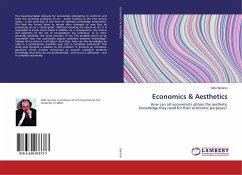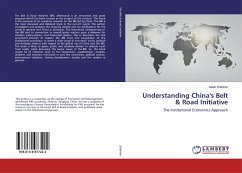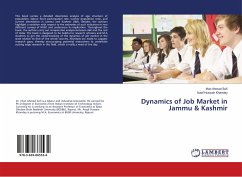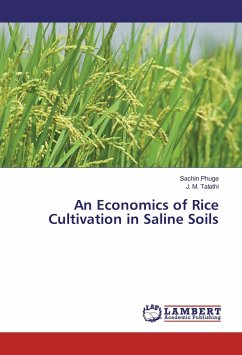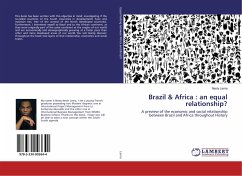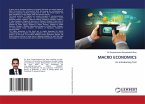The insurmountable obstacle for economists attempting to confront and solve the economic problems of art - public funding as the first among many - is the total lack of any form of aesthetic knowledge whatsoever. This limit has forced them to retreat after attempts to save face by promoting art as a 'merit good'. Without knowing the nature of art, it is impossible to know what needs it satisfies. As a consequence, the nature and dynamics of the act of consumption are unknown, as is, more generally speaking, the social function of art. The problem seems to be unsolvable: how can economists acquire unlimited aesthetic knowledge? Indeed, this is what it is all about. And then: how can this knowledge be used in a professional, scientific way, and in complete autonomy? This study puts forward a solution to the problem. It presents an innovative approach which enables economists to acquire unlimited aesthetic knowledge that they can use professionally - and not as a dilettante - and incomplete autonomy.
Bitte wählen Sie Ihr Anliegen aus.
Rechnungen
Retourenschein anfordern
Bestellstatus
Storno

